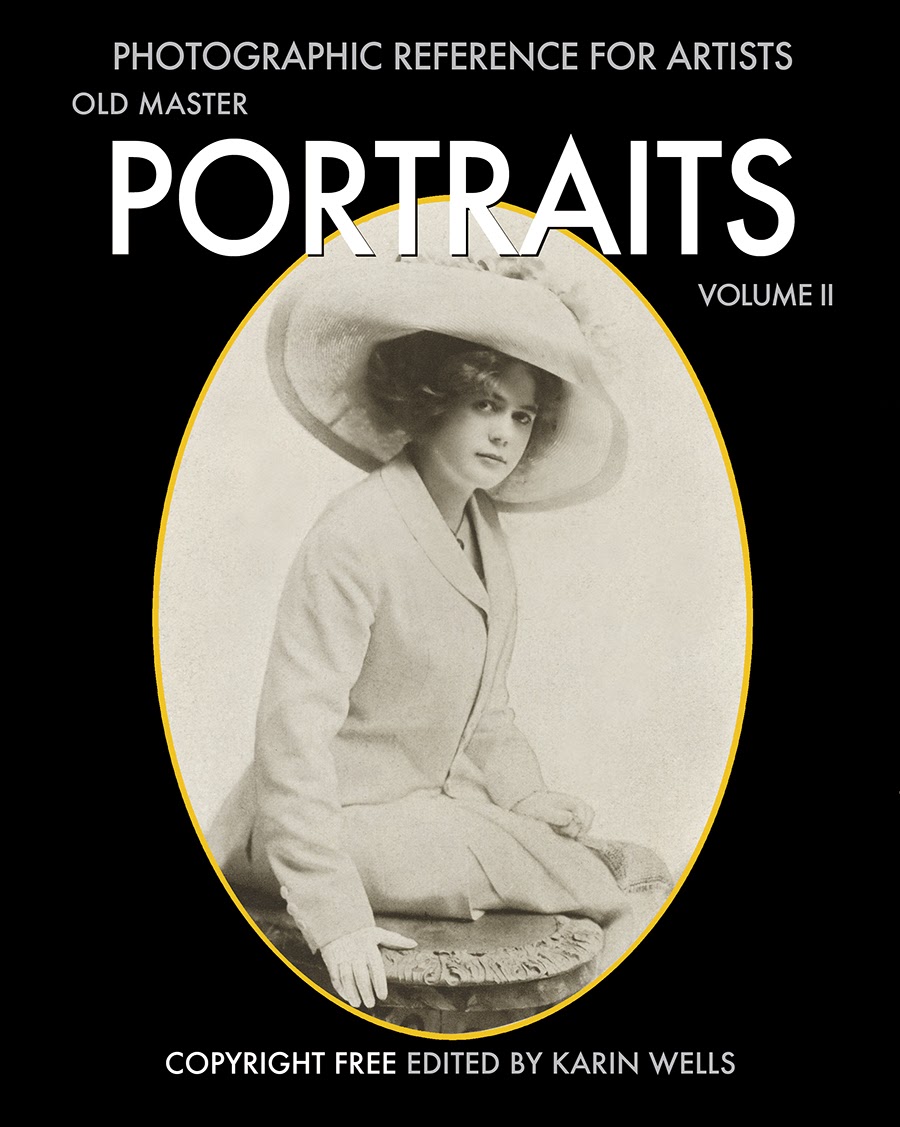This is explained so well by Robert Genn in his Twice Weekly Newsletter that I have quoted his entire letter below.
It arrives in my email inbox twice a week, it is free and I look forward to each and every one of them.

Book (cover shown above) by the multi-talented and very clever Robert Genn.
Dear Karin,
The principle of post-monetization says that nothing is worth anything until somebody wants it. Those of us who make art for a living--outside of commissioned work--essentially operate on this principle. We make the stuff and put it out there. When somebody decides, for whatever reason, they want it, then the amount they are willing to pay is exactly the value at that time. If we choose to resell, reproduce or replicate, that's our business too. We still own the copyright.
The convention of putting a little c with a circle around it became redundant in the U.S. in 1976. In current copyright law, every drawing, painting, photograph, poem or play is simply owned by you the author. If somebody swipes it, or uses it without your permission, you have the law on your side to chase them down and get paid.
That's why the current Orphan Works Act now being considered by the U.S. Congress is particularly baffling. Promoted by dough-head non-artists who are obviously listening to big-time lobbyists, this bill says that you the artist must now officially register every single work you wish to protect. The on-line registries, presumably fee based, haven't yet been established.
Big boys like Disney have always felt the necessity to register copyrights. Can you imagine what's involved in owning and protecting Mickey Mouse? That's why I'm calling this the Mickey Mouse Bill. It continues to protect Mickey but leaves little guys like you and me with another layer of paperwork and expense. While in the guise of a last ditch attempt to locate
and release unclaimed (orphaned) work, it's my opinion this is very bad legislation indeed. If someone can tell me the possible value of the Orphan Works Act, I'd really appreciate it.
Post-monetization is our life blood. The choice to defend an extant work should always be in the hands of the creator or his assigns. That's why the current law works so well. A few years ago a car company decently asked me if they might use one of my (already sold) paintings in the background of a car ad. I named a reasonable fee and they readily agreed. We used a "one time only" contract and we didn't even use a lawyer. If the Orphan Works Act becomes law, without an author's prior registration, Mercedes-Benz could just help themselves. No ask. No pay. Nutz.
Post-monetization is our life blood. The choice to defend an extant work should always be in the hands of the creator or his assigns. That's why the current law works so well. A few years ago a car company decently asked me if they might use one of my (already sold) paintings in the background of a car ad. I named a reasonable fee and they readily agreed. We used a "one time only" contract and we didn't even use a lawyer. If the Orphan Works Act becomes law, without an author's prior registration, Mercedes-Benz could just help themselves. No ask. No pay. Nutz.
Best regards,
Robert Genn
PS: "The problem is that very few of the billions of images will ever be registered. No artist that I know of has the time to pull out every work of art they have ever produced and register them with all the upcoming electronic databases." (Mark Simon, artist advocate)
Esoterica: The advent of the Internet has been somewhat responsible for this turn of events. Some pundits think we're about to enjoy the sunset of copyright. As it is, Chinese artists are ripping jpegs from the Western Internet, cloning and reselling our stuff like crazy. We can't get at them because they're in another jurisdiction. Now the U.S. wants this in their jurisdiction? Nutz. In the meantime the big boys like Google and Microsoft would like to see Mickey Mouse
happen. They've got the deep pockets to get what they want. I don't know about you, but I haven't, and besides, I don't like filling out forms.

This is the back cover of Robert's book (above). If you click on the picture, it will be big enough to read.
Creative people worldwide appreciate the level of informed inspiration and information provided by Robert Genn's Twice Weekly Newsletter. It arrives in your inbox every Tuesday and Friday morning - and best of all it's free.
His website has something for everyone - demos, videos, links, and a whole lot more.
Be sure to check out Robert Genn's archive - it is a rich resource of creative content...and fun to read.
Be sure to check out Robert Genn's archive - it is a rich resource of creative content...and fun to read.







2 comments:
Where and how do we vote against the useless copyright bill?
Ron Becker
ronald_becker@yahoo.com
Since the Bill is being considered in Congress...you can call or write your congressperson and share your thoughts.
To reach your Senator and Representative, call the U.S. Capitol Switchboard at (202) 224-3121
Post a Comment